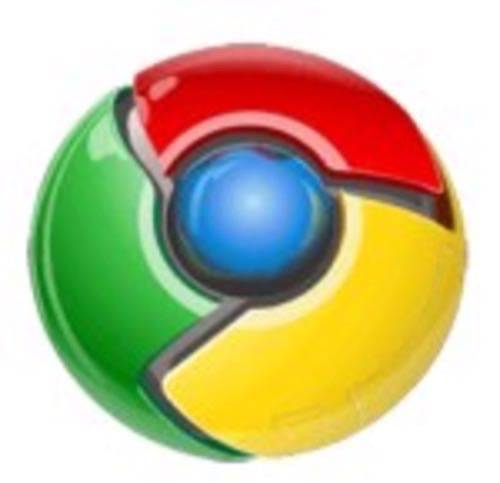
Google has announced this morning that upcoming versions of its browser, Google Chrome, will only support “completely open codec technologies”. As Chrome continues to grab a larger and larger share of the browser market, it will have more influence on developers and Google says that it hopes this move will help to push things in the direction of a continually more open Web.
Others, however, disagree that this will push the Web in a more open direction and argue it will simply complicate the already muddled switchover to HTML5.
Google explains its motivations for the move in its blog post:
We expect even more rapid innovation in the web media platform in the coming year and are focusing our investments in those technologies that are developed and licensed based on open web principles. To that end, we are changing Chrome’s HTML5 <video> support to make it consistent with the codecs already supported by the open Chromium project. Specifically, we are supporting the WebM (VP8) and Theora video codecs, and will consider adding support for other high-quality open codecs in the future. Though H.264 plays an important role in video, as our goal is to enable open innovation, support for the codec will be removed and our resources directed towards completely open codec technologies.
Daring Fireball’s John Gruber is quick to point out, however, that “If Google is dropping support for H.264 because their ‘goal is to enable open innovation’, why don’t they also drop support for closed plugins like Flash Player?”
So far, the move looks controversial by the tone of the commenters on the Google announcement. One commenter writes “this just looks like a lame duck attempt by Google to promote their own Video Codec.” Another commenter asks how this makes sense, writing “Don’t see how supporting an inferior codec (even if it is open-source) helps at all since the licensing restrictions on h.264 are gone.”
How do you see this impacting the transition to HTML5 standards? Is Google supporting the Open Web or is this another case where users will be justified in asking that Google “Don’t Be Evil”?










